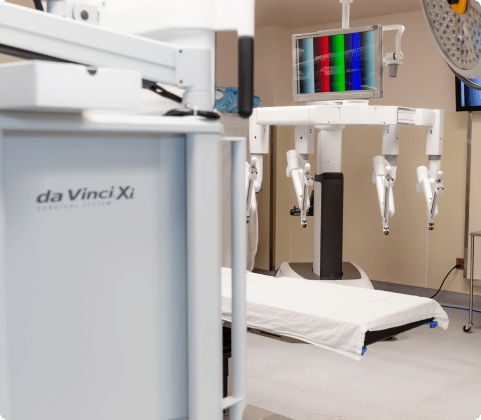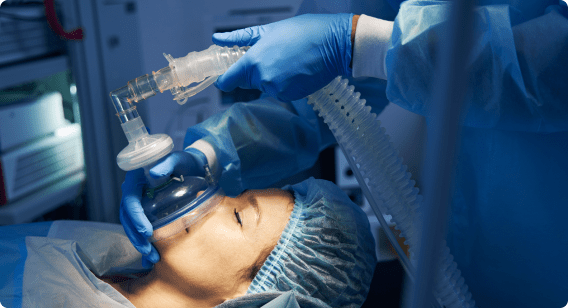Specialty Care Right
Here at Home
We are proud to offer a comprehensive range of specialty services designed to meet the diverse healthcare needs of our community. Listed below are some of the services our talented providers and staff deliver every day.
General Surgery
Our skilled general surgeons perform a wide range of procedures, including appendectomies, hernia repairs, and gallbladder removals, with precision and expertise.
Orthopedic Surgery
From joint replacements to sports injuries and fractures, our orthopedic surgeons specialize in diagnosing and treating musculoskeletal conditions, helping patients regain mobility and quality of life.
Gynecologic Surgery
Women’s health is a priority at Bay Area Hospital. Our gynecologic surgeons offer minimally invasive procedures for conditions such as endometriosis, uterine fibroids, and pelvic organ prolapse, prioritizing patient comfort and satisfaction.
Urologic Surgery
Our urology team specializes in diagnosing and treating conditions affecting the urinary tract and male reproductive system. Whether you require a prostatectomy, kidney stone removal, or treatment for urinary incontinence, we provide compassionate care tailored to your needs.
Minimally Invasive Surgery
Our urology team specializes in diagnosing and treating conditions affecting the urinary tract and male reproductive system. Whether you require a prostatectomy, kidney stone removal, or treatment for urinary incontinence, we provide compassionate care tailored to your needs.










